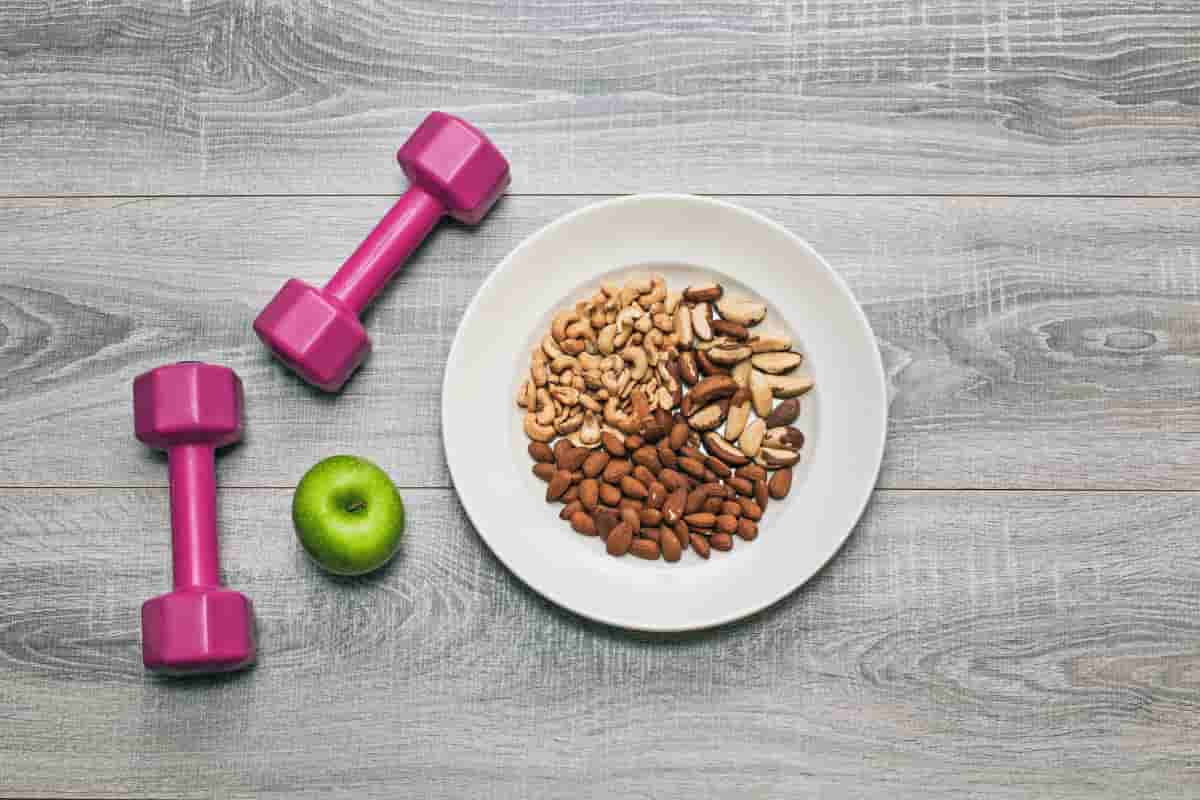Weight Loss Options During Menopause

It’s not good news, but changes in the years leading to your final menstrual period can lead to weight gain. Fortunately, there is a helpful formula for losing and maintaining weight in midlife.
At the Translational Science Symposium on Midlife Wellbeing held in advance of the 2021 Annual Meeting of the North American Menopause Society, expert Dr. Kara Marlatt, PhD, MPH, Assistant Professor in Healthy Aging and Metabolism at the Pennington Biomedical Research Center, shared with healthcare providers a framework for weight loss options that women have in midlife and offered women recommendations on the optimal way to achieve and maintain weight loss.
The Importance of Energy Balance
If energy intake (calories eaten) equals energy expenditure (calories burned), weight is stable. But during the menopause life stage, there are internal factors like changes in circulating hormones that lead to alterations in how our body burns calories, so lots of exercise doesn’t offset our intake in the same way it once did. And for many of us, our activity decreases while our calorie intake might increase.
Common menopause symptoms like hot flashes, sleep disturbance, and mood issues can also exacerbate weight and abdominal fat gain during menopause. Hot flashes during sleep often cause women to have episodes of wakefulness, which can lead to fatigue in the morning. When tired, you are less likely to want to exercise and more likely to eat more, and make less healthful choices. Mood issues like depression and anxiety have much the same effect.
Recipe For Weight Loss Success
Diet and exercise are important for your health, but exercise alone will most likely not produce weight loss. Studies show that for weight loss, reducing calorie intake is necessary. This means being vigilant about following a healthy, whole-food diet.
According to research, increasing calorie burn through exercise seems more important for maintaining weight loss than helping to lose weight. However, exercise has so many health benefits; every woman should strive to increase her physical activity and be less sedentary.
A good target for exercise is burning more than 2400 calories/week (or ~350 calories/day) during purposeful exercise like running, walking, cycling, and strength training. A wearable device like a Fitbit can help you keep track of activity and calorie burn and be more accountable for hitting your targets.
One of the most important factors in successfully losing weight in midlife is also setting a realistic goal. Weight loss is challenging and may take more time than when you were younger, but it’s not impossible. Celebrate small amounts of weight loss and be happy knowing that you’re steadily improving your health and lowering your risk of chronic disease.
Finally, don’t go it alone. Women who have an accountability partner or support system are usually more successful in losing weight.
Options for Energy Balance (and Weight Loss)
Engaging in healthy lifestyle strategies is essential for every midlife woman. To achieve weight maintenance or weight loss, the top strategies include:
- Maintaining a healthy diet and eating regular meals, including breakfast. A whole food diet like the Mediterranean Diet or a plant-based diet is considered the best choice.
- Limiting unhealthy foods like sweets, fast food, junk food, and other processed foods is key. It’s okay to reward yourself with a treat occasionally, but it should be a treat and not an everyday thing.
- Avoid fad diets. Choose a dietary lifestyle that you can maintain over the long term.
- Engage in regular physical activity.
- Get more and better sleep to avoid fatigue.
- Manage your stress.
- Have friends or family help keep you accountable for your health and weight goals.
These may be options for those with a higher body mass index (BMI).
- Anti-obesity medications: For women who have a body mass index (BMI) of ≥30 or ≥27 with obesity complications, healthcare providers may consider medication to aid with weight loss in addition to lifestyle management strategies.
- Bariatric surgery: For a small percentage of women with a BMI of ≥40 or ≥35 with obesity complications, surgery may be considered.
Even Small Weight Loss = Big Health Payoff
If you don’t feel like you’re losing enough weight or losing weight fast enough, give yourself a break. Even with a modest weight loss of three to five percent, you’ll gain significant health benefits.
HDL (good) cholesterol, blood pressure, triglycerides, and measures of glycemia (blood sugar) will improve. More weight loss can produce additional health benefits like reductions in sleep apnea, fewer cardiovascular events and death, improvements in sexual function, increased quality of life, and more.
Reframing weight loss success from the number of pounds lost to improved health measures is a smart way to ensure you don’t give up and regain the weight you’ve lost. Ultimately, lowering your chronic disease risk and increasing longevity is more important than the number on the scale.
Actually, losing fat and gaining muscle (both good!) might not move the scale much at all—but your health will be better. As midlife women, we have much to contribute and look forward to. In good health, we can enjoy every day to its fullest.
This information was presented at the Translational Science Symposium “Charting the Path to Health in Midlife and Beyond: The Biology and Practice of Wellness” held in advance of the 2021 Annual Meeting of The North American Menopause Society in Washington, DC. Excerpts from the Translational Science Symposium are presented as part of the Live From #NAMS2021: The Latest Breakthroughs in Women’s Midlife Wellness series published by Women Living Better and Lisa Health with permission from NAMS.
Sign up for more unique women’s health content
By submitting this form, you agree to the Lisa Health Privacy Policy and Terms of Use


